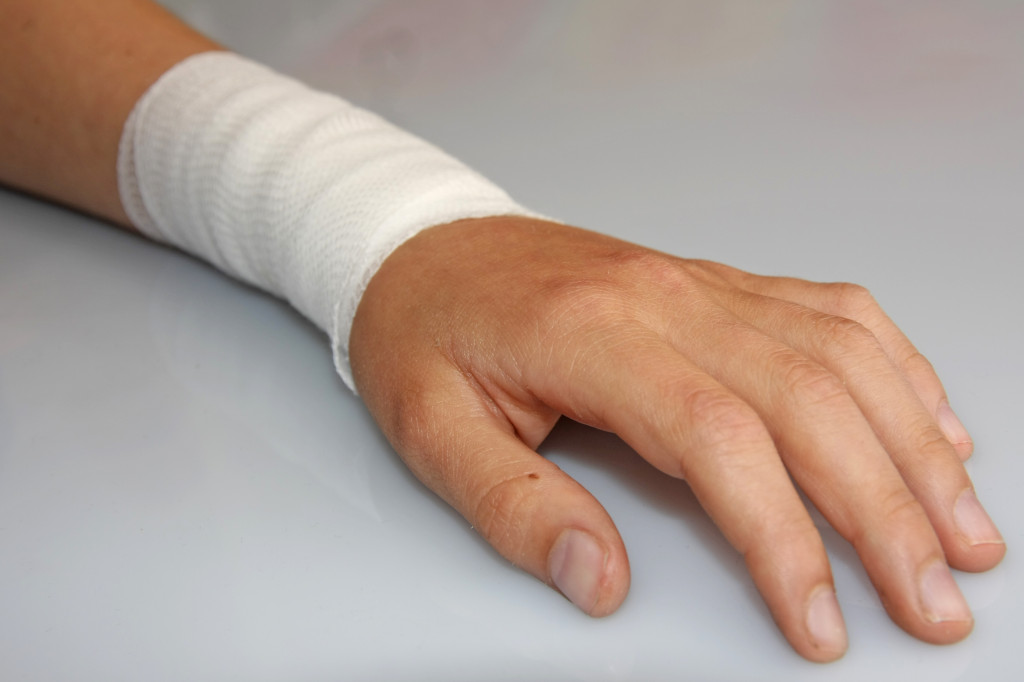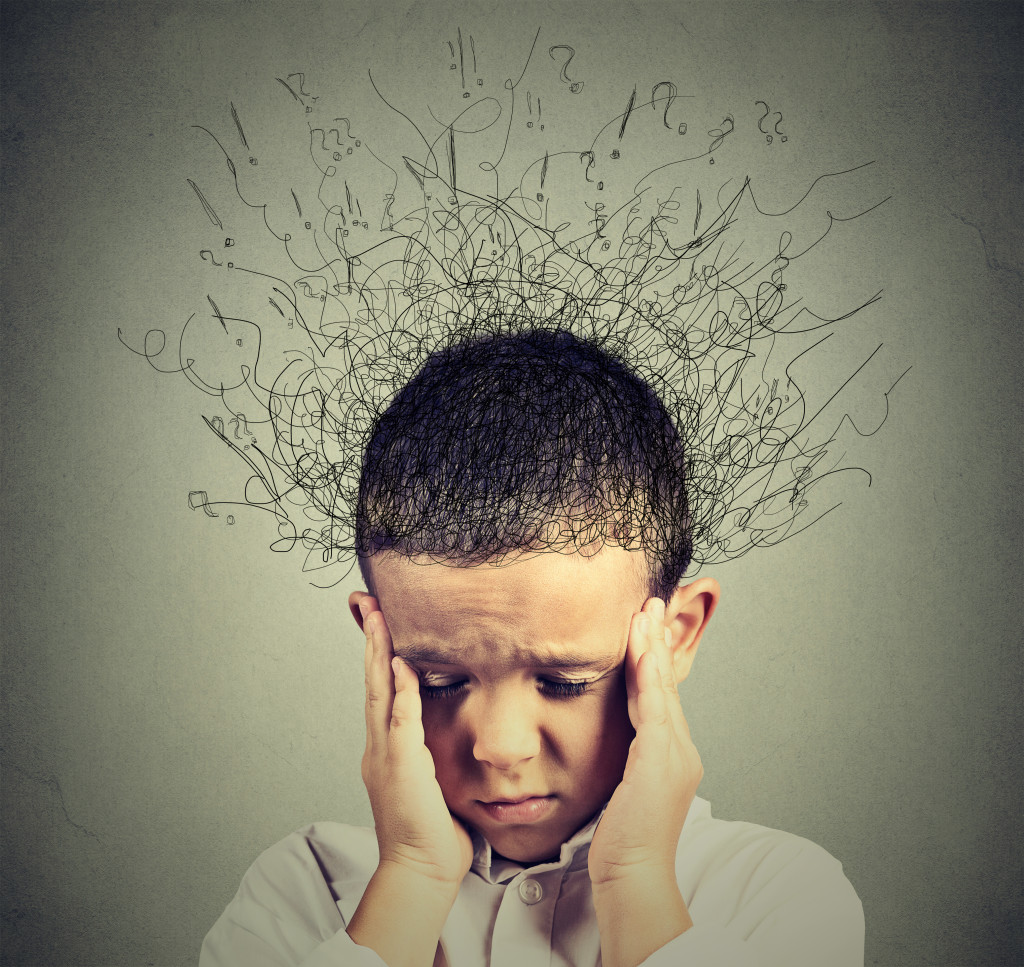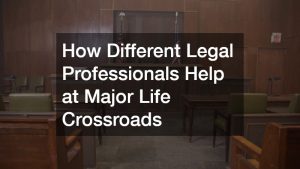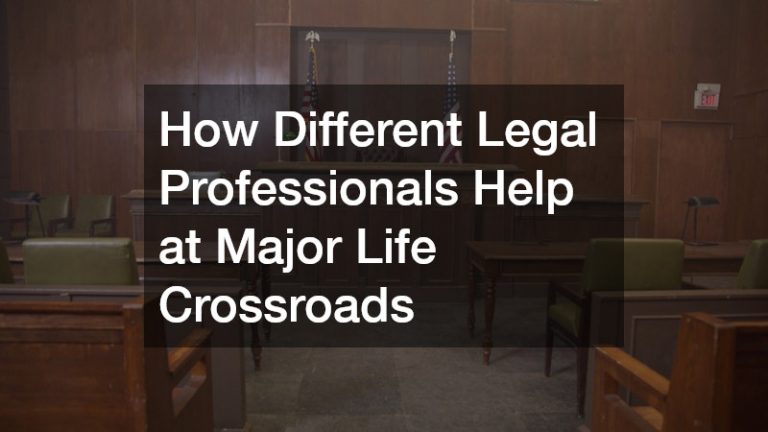- Recognize and report the signs of child abuse to protect vulnerable children from harm.
- Understand the legal framework for reporting suspected cases of abuse to make sure that you are taking the correct steps.
- Collect details and evidence when reporting suspected abuse to help in any subsequent investigations.
- Be mindful of the long-term implications of child abuse to help survivors cope and recover.
As neighbors, everyone has an ethical responsibility to report suspected child abuse. Recognizing and responding to child abuse is critical to the safety and well-being of children. Reporting suspected child abuse is a legal requirement and a moral obligation to protect vulnerable children. This blog post will outline the steps you should take if you suspect child abuse, including identifying possible abuse, the legal framework surrounding child abuse reporting, and the importance of protecting children from harm.

1. Identifying the Signs
Firstly, it is essential to understand the signs of child abuse. Physical injuries are not the only sign of child abuse; children who are being abused often exhibit emotional and behavioral symptoms as well. Some physical indicators of abuse include unexplained bruises, burns, fractures, or other injuries.
Indicators of emotional abuse include fear, withdrawal, anxiety, or depression. Behavioral indicators include any significant change in the child’s behavior, such as a sudden drop in academic performance or engagement in risky behavior. If you notice any of these signs, taking immediate action is essential.
But it’s also important to remember that physical, emotional, and behavioral signs of child abuse are not always easy to detect. It is essential to be aware of your biases and preconceived notions when judging a child’s situation. Don’t jump to conclusions about a child’s condition without doing due diligence and gathering more information.
2. Understanding the Legal Framework Around Reporting
It is essential to understand the legal framework surrounding reporting suspected child abuse. In some countries, certain professionals are legally required to report suspected cases of abuse. These professionals typically include teachers, doctors, social workers, and police officers.
In some areas, anyone with reasonable cause to suspect a child is suffering or likely to suffer significant harm due to abuse is legally required to report it. If you are unsure about the legal requirements in your area, find an experienced family law attorney who can help clarify. They should be able to inform you about the laws in your area and the steps you need to take to report suspected abuse.
3. Collecting Details and Evidence
When reporting suspected child abuse, be sure to document the details of the suspected abuse, including dates, times, and any witnesses. It’s important to be as specific as possible when reporting your concerns. It’s also important to know that mandatory reporters are protected under the law against retaliation for making a report. Confidentiality laws protect the identity of the reporter in a child abuse reporting situation.
If you can, take photos or videos of the suspected abuse. This can help in any subsequent investigation into the matter. Additionally, you should also collect any other evidence that may be relevant, such as medical records or school records. But be sure not to interfere with any ongoing investigation by the authorities. Doing so may put the child’s safety at risk.

4. Understanding the Implications of Abuse
Additionally, it’s essential to understand the long-term implications of child abuse. Children who experience abuse can be significantly affected well into their adulthood. The effects of abuse can be mental, physical, and emotional. Some common consequences include the following:
a. Depression
Because of the intense emotional pain associated with child abuse, many survivors develop depression. They may feel worthless and have difficulty forming relationships or finding joy in life.
b. Anxiety
The fear associated with abuse often carries into adulthood, leading to anxiety. Survivors may struggle with managing stress and panic attacks.
c. Post-Traumatic Stress Disorder (PTSD)
Many survivors may experience PTSD triggered by anything associated with the abuse. They may have flashbacks or nightmares and struggle to cope with everyday life. They may also have difficulty trusting others and feel isolated from society.
d. Substance Abuse
Drugs and alcohol are wrongly used as a form of self-medication for those struggling with the effects of child abuse. This can lead to addiction and other serious health problems.
Reporting suspected child abuse is a moral obligation to protect vulnerable children. As neighbors, everyone has an ethical responsibility to report suspected child abuse by understanding the signs of abuse, following the legal framework in your area, collecting details and evidence, and understanding the implications of abuse. Doing so can help ensure that children are kept safe from further harm. By taking action and reporting abuse, you can help protect vulnerable children from further harm and give them a chance at a better future.







